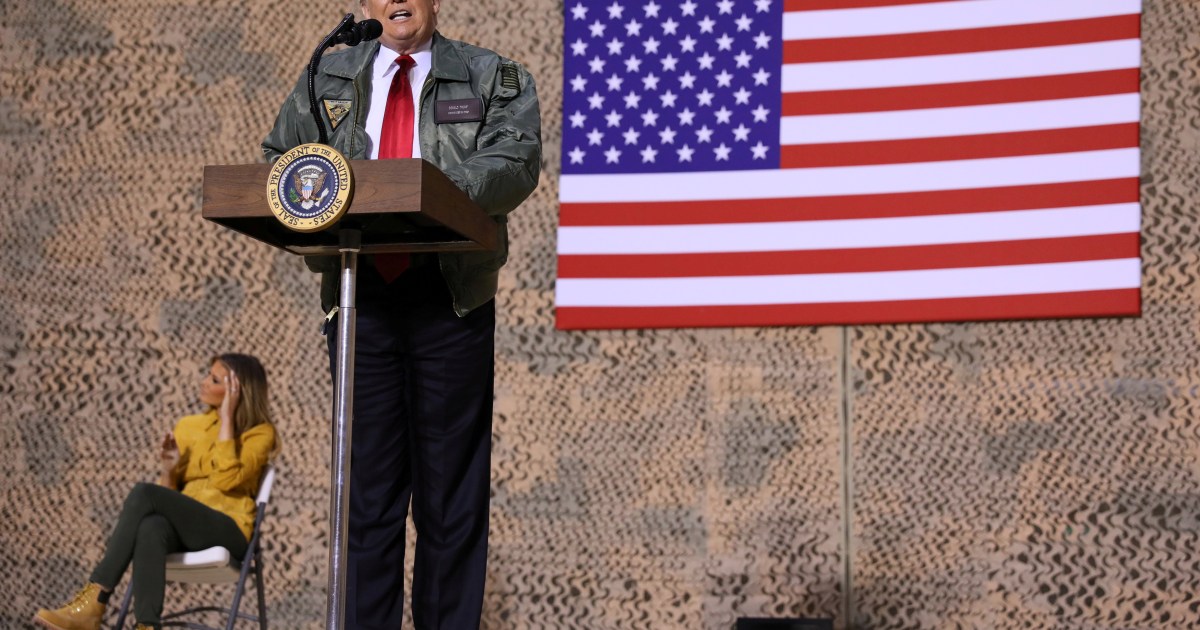Informed Iraqi sources said that the strategic dialogue that started today between Iraq and the United States covers files in security, economy and politics between the two countries, in addition to the cultural file.
The sources added to the island that David Hill, the Assistant US Secretary of State, will speak on the security file regarding the presence of American forces in Iraq, and will address a number of points that raise American concern about the presence of his country's forces in Iraq.
Economically, the source said that the Iraqi side will present its vision regarding the financial crisis the country is going through, and plans to confront it, in addition to the issue of energy and plans to secure independence in this field.
He added that he expects the American side to talk about Washington's desire for the necessity of economic reform and what can be presented to Iraq to achieve the goals that the Baghdad government seeks in the fields of economy and energy.
In the policy file, the source said that the early parliamentary elections and the achievement of justice for the victims of the popular demonstrations calling for reform are expected to be put forward by the American side, and that the Iraqi side will present its vision regarding how the government will deal with it in this field.
Analytics
Robert Ford of the Middle East Institute said that "this entire American-Iraqi relationship will not be redefined overnight" in this strategic dialogue.
"For the first time, there are the right people in the right place at the right time," added the former US diplomat - who himself participated in the last "strategic dialogue" between the two parties in 2008.
In 2008, the United States had set conditions for its departure after the invasion of Iraq. Since then, US forces have returned, but with a much smaller number, as part of the Washington-led coalition against the Islamic State.
After more than two and a half years of "victory" over ISIS, and in addition to the issues of economy or cultural exchange, thousands of American soldiers in Iraq will be the main topic again.
"Are we still going to be able to fly drones to monitor? Do the Iraqis still want our information?" Especially with coalition forces remaining in three Iraqi bases today, compared to 12 previously.
"We do not yet have details of the number of soldiers, but the American proposal mentions reducing the number of troops," an Iraqi official told AFP.
Nevertheless, a significant reduction appears to be highly unlikely, as the threat remains, as you see other coalition countries that are not a party to the US-Iraqi dialogue.
One diplomat notes that "non-Americans in the coalition will remain in Iraq only if the Americans remain."

